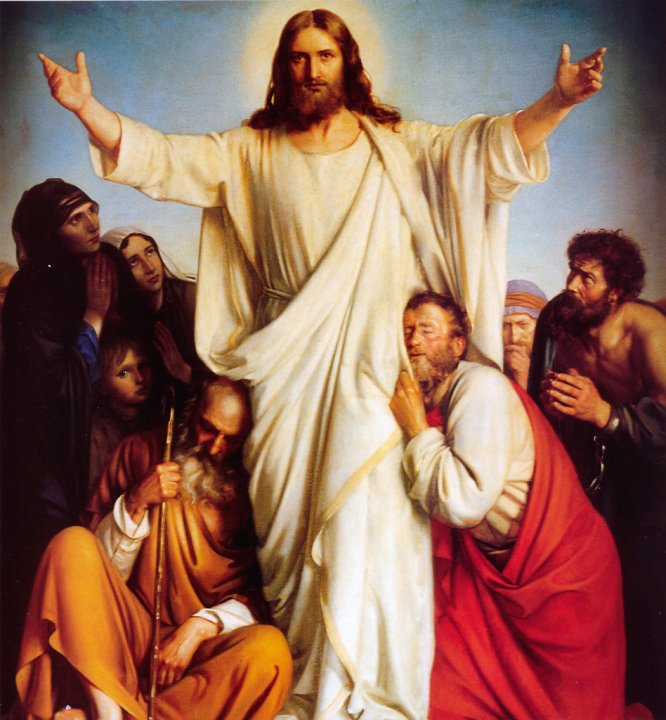22nd Sunday in Ordinary Time-B
I Reading: Deuteronomy 4:1-2.6-8: Moses urges the people to observe God’s commandments if they
wish to have life and be recognized by the world as wise and prudent.
II Reading: James 1:17-18: We
are the children of God, blessed with God’s word and called to submit to it, in
particular by caring for those who are poor.
Gospel: Mark 7:1-8,14-15,21-23: it is a tragedy to follow human traditions rather than the laws
of God and to be unaware that evil comes from the heart, not from the failures
to observe ritual washings.
The Emptiness of (Man-Made) Tradition, Ritual, Ceremony, Works:
Mk 7:1-3
Who
is a true and good Christian or human?
One
who listens attentively to God’s Word and acts accordingly, keep his/her heart
clean and helps his/her brothers and sisters in need.
This
passage is based and focused upon institutionalized religion, tradition,
ritual, ceremony and works.
A
true religion is to give one’s own heart to God; external rules may help, but
they do not make a person truly religious just by themselves.
People
may survive only when they accept each other and are reconciled to God in Christ
and live in peace and love and experience the joy and hope of Christ and walk
humbly and live a life of service.
1.
The religionists found fault with Jesus’ disciples (v.1-5)
a. A fact-finding commission from
Jerusalem
b. The fault: Eating with unwashed and
unclean hands
i. The tradition of
cleanliness explained
ii. The tradition
illustrated
c. The charge against the disciples
was brought to Jesus
2.
Tradition can be hypocritical honor (v.6)
3.
Tradition can be empty, worthless worship (v.7)
4.
Tradition can be man-made commandments (v.8)
5.
Tradition can be kept before the commandments of God (v.9-12)
a. They twisted God’s commands
b. They insisted on obedience to
tradition
6.
Tradition can nullify the Word of God or make the Word of God ineffective
(v.13)
The
Things That Defile, That Make a Person Unclean: Mk 7:14-23
Jesus
shook the world and revolutionized people’s ideas of evil and wrongdoing. Jesus
is making people totally dependent upon God for salvation and life.
1.
Jesus called the crowd to him (v.14-17)
a. The importance stressed: Listen and
understand
b. The point stated
c. The disciples’ dullness
2.
Explanation 1: The thing that enters the body does not defile nor make unclean
(v.18-19)
a. It does not enter the heart
b. it enters the digestive tract
3.
Explanation 2: The thing that comes out from the heart does defile (v.20-22)
a. The sins
4.
Explanation 3: The source of evil is the heart (v.23)
Thought: Love must be at the center of all religions. The Pharisees
added hundreds of rules to the ten commandments; Jesus instead, reduced the ten
commandments to a single rule: “Love one another as I have loved you.” (Jn
13:34)
James repeats Jesus’ commandment in another form: Do not boast of
just believing in Christ; your faith is of no use unless you are concerned
about the poor. (James 3:14-16)
Love for our neighbor will show what our religion really is,
whether fake or genuine.
Humble yourselves before the Lord, and he will lift you up (James
4:10). Humility is a problem for most people. Why? Because the world looks upon
humility as a sign of weakness and cowardice.
St. Mother Teresa of Calcutta/Kolkata Said, “If you want to change
the world, go home and love your family.”
